Last updated on May 18, 2025
After years of waiting, rumors, and hopes, Paradox has finally confirmed what fans of the genre already knew deep down: Europa Universalis V is real and it’s coming. The new title promises not just a continuation of the tradition, but a complete redefinition of how we understand interactive history and grand strategy games on a global scale.
A New Game Under an Old Name
Although Europa Universalis IV has lasted remarkably for over a decade, supported by an avalanche of DLCs, EU5 is not content with just a simple upgrade. It is a fundamental reconstruction. Beyond surface-level changes, Paradox has reimagined the entire system, from core mechanics to the vision of how a large-scale historical simulation should work.
From Abstraction to a Sense of Reality
One of the biggest changes is the removal of “mana,” that abstract points system previously used for administrative, diplomatic, or military actions. Instead, EU5 introduces key characters-ministers, advisors, commanders-whose skills and strategic placement dictate the success of your decisions.
Equally remarkable is the introduction of pops (people with different cultures, religions, and needs), inspired by Victoria 3. Each province becomes a living ecosystem that requires constant attention. The economic system has been transformed, eliminating old abstractions in favor of a dynamic market where goods are produced, consumed, or exported depending on context and choices.
Smart Automation for Overwhelmed Players
Europa Universalis V is not a beginner-friendly game, but it offers modern tools to avoid driving newcomers away. Almost any system can be automated, from the economy to the military to the local market. And the AI not only takes control but also learns from the player’s choices, suggesting options or actions suited to their preferred playstyle.
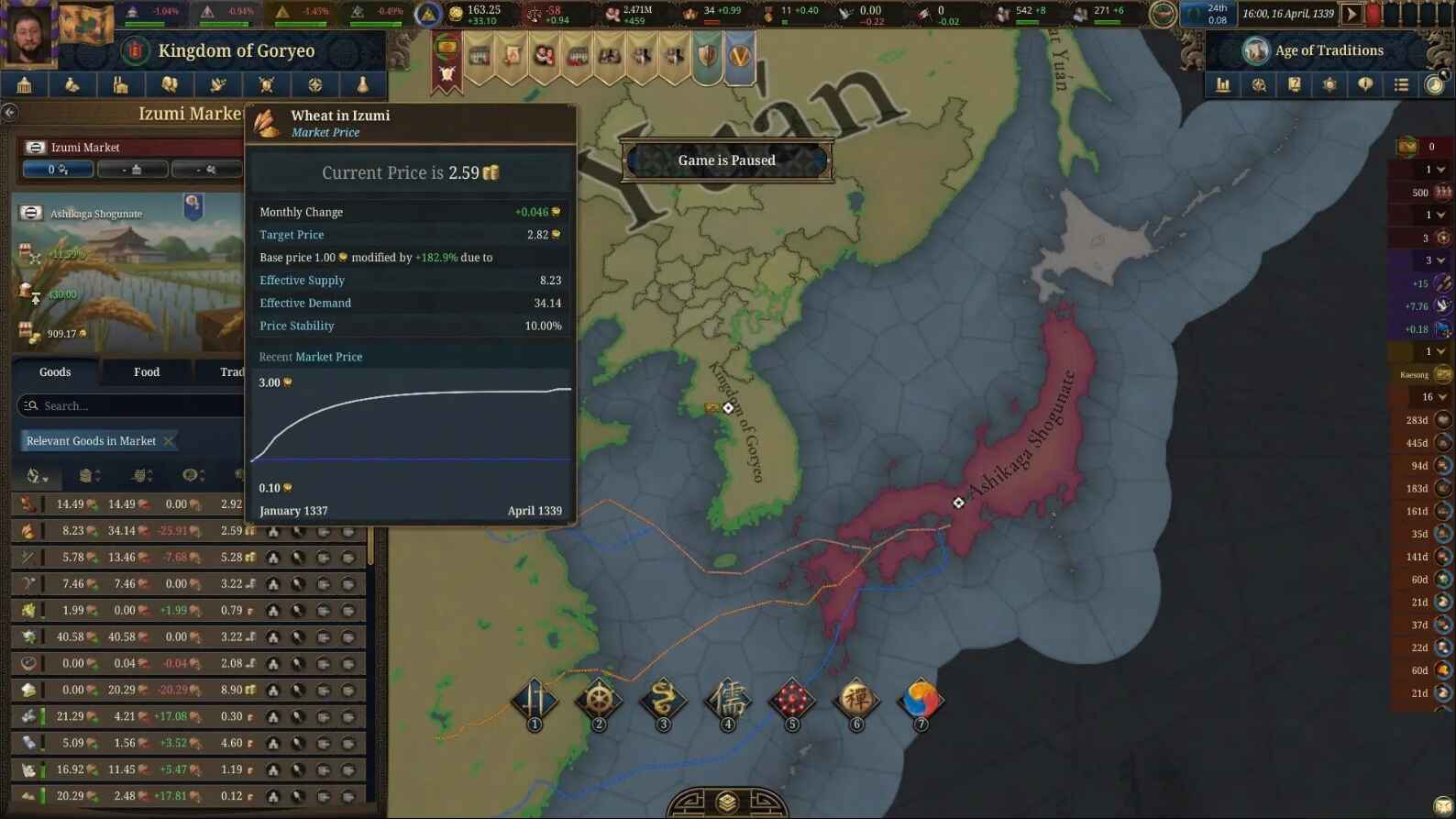
Characters That Matter
Although we’re not venturing into Crusader Kings territory, EU5 brings characters to the forefront. They are not just simple tools, but actors with relationships, histories, and sometimes dramatic internal conflicts. The death of a leader or the betrayal of a minister can completely change the trajectory of a state.
Historically-Flavored Campaigns
Two emblematic examples from playtesting highlight both the depth and unpredictability of EU5. In Scotland, the player tried to resist and then attack England, navigating civil wars, internal cultural conflicts, and a parliament made up of estates with their own interests. On the other hand, in Anatolia, the Ottoman campaign unfolded against the backdrop of historical events shaped by special “situations,” mechanics dedicated to key moments in history.
Both campaigns were filled with decisions that had unforeseen consequences: changing the court language, favoring social classes, the conflict between tradition and modernity. The systems are so interconnected that a single choice can have effects on foreign policy, trade, internal stability, and cultural development.
Types of Playable Entities
In EU5, you no longer play just “countries.” You play historical entities with their own mechanics, divided into four categories:
-
Stable countries – classic territorial nations, like Scotland or the Ottoman Empire.
-
Militarized countries – nomadic nations that can exist even without territory, as long as they have an army.
-
Extraterritorial countries – like the Hanseatic League or international banks. They don’t rule land directly but influence and control through other mechanisms.
-
Societies of peoples – tribal or emerging entities with flexible social structures, closer to societies than to states.
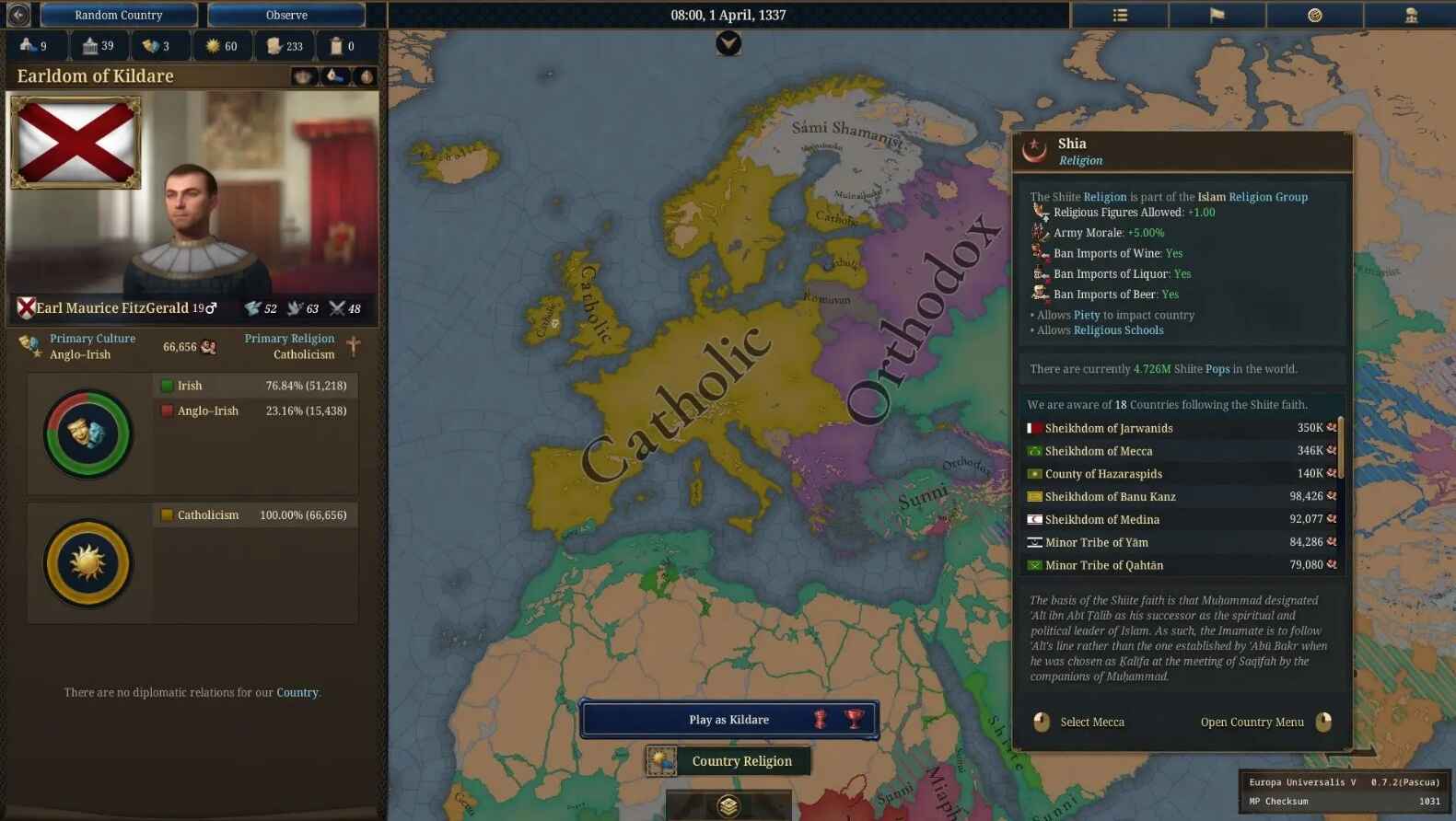
This diversification means new playstyles, from aggressive imperialism to financial manipulation, cultural expansionism, or religious influence.
Advancements, Eras, and World-Changing Ideas
Technological progress in EU5 does not follow a fixed axis. Instead of a linear technology skill tree, you have a modular system of “advancements,” influenced by the historical era and existing institutions. The emergence of the Renaissance or banks can open up new paths, but only if your population is literate and sufficiently urbanized to absorb them.
These ideas spread organically, not just through trade, but also via cultural influence and external relations. Ignoring these processes can turn you into a backward state, unable to keep up with more progressive neighbors.
Grand Strategy That’s Truly Grand
Europa Universalis V is not for everyone. It is dense, intimidating, and unforgiving. But for those who live for complexity, for history enthusiasts, and for fans of systems that intertwine in a living network, it is a dream come true. It may not make you feel smart-on the contrary, it will challenge you at every step-but it will make you want to learn. And that, ultimately, is the essence of interactive history.


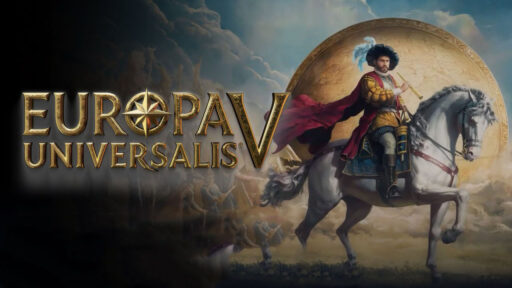
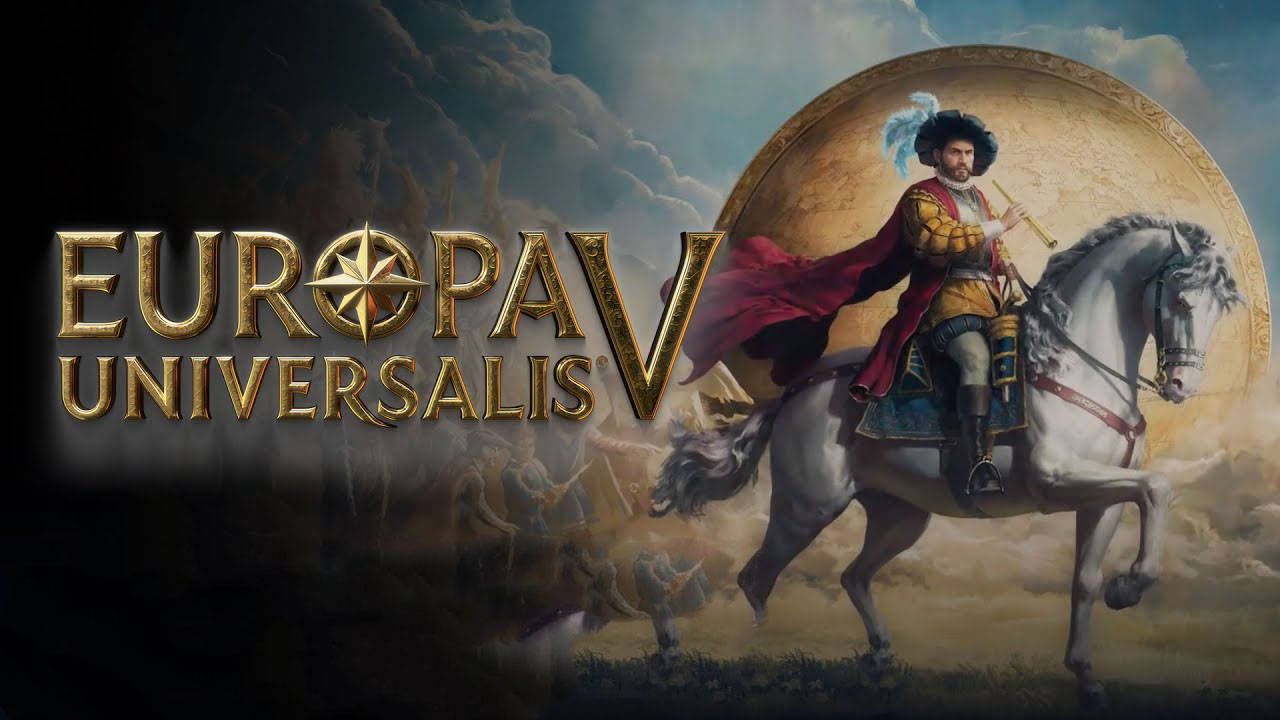
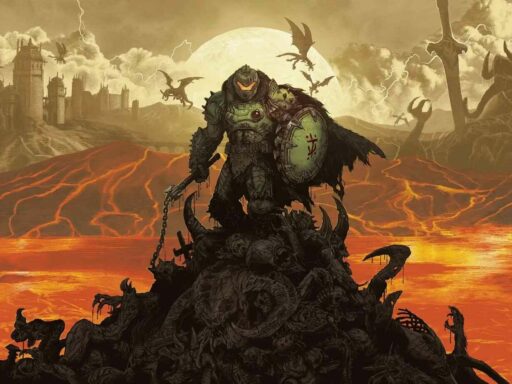
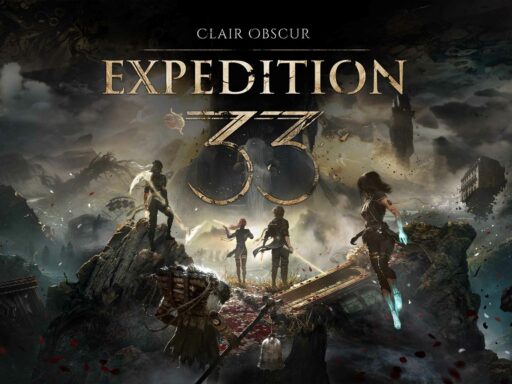
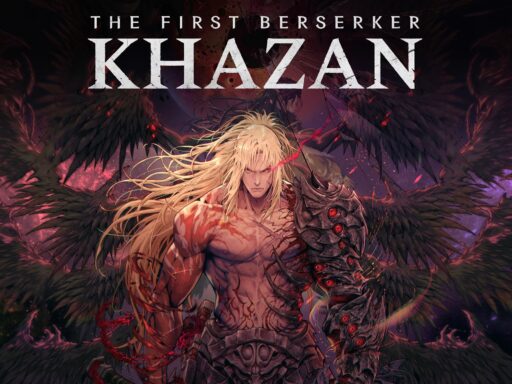

I love EU4 and it was already time for a new Europa Universalis game, and it looks awesome as all of Paradox games. The only problem is gonna be that at release it will miss a ton of context the 4th game has because of the dozen of DLCs. But with time it will be the best strategy game, again, a game that will last 2 decades, that is why I love strategy games, their endless replayability, whenever you feel like conquering the world, you can do it.
The previous installment is still one of the most playes games, and I’m delighted to see that the next opus is in the work! Created by the masters of strategy games, Europa Universalis V looks quite impressive. We’ll be able to explore a bigger map, and the gameplay overall was improved, taking the best from each Paradox’s games. Hopefully, the release date will be announced soon!
I’ve played hundreds of hours of Europa Universe IV, since 2013, and most of the DLC (not all of it good, but the game with and without the DLCs… it’s not the same content lol). I was really pleased to hear this announcement, but EU IV has become so complete that the challenge of doing ‘better’ seems very difficult to me, so maybe you shouldn’t judge the game day one, or maybe just its ‘skeleton’. The new economic system is interesting, it needed to be renewed imo